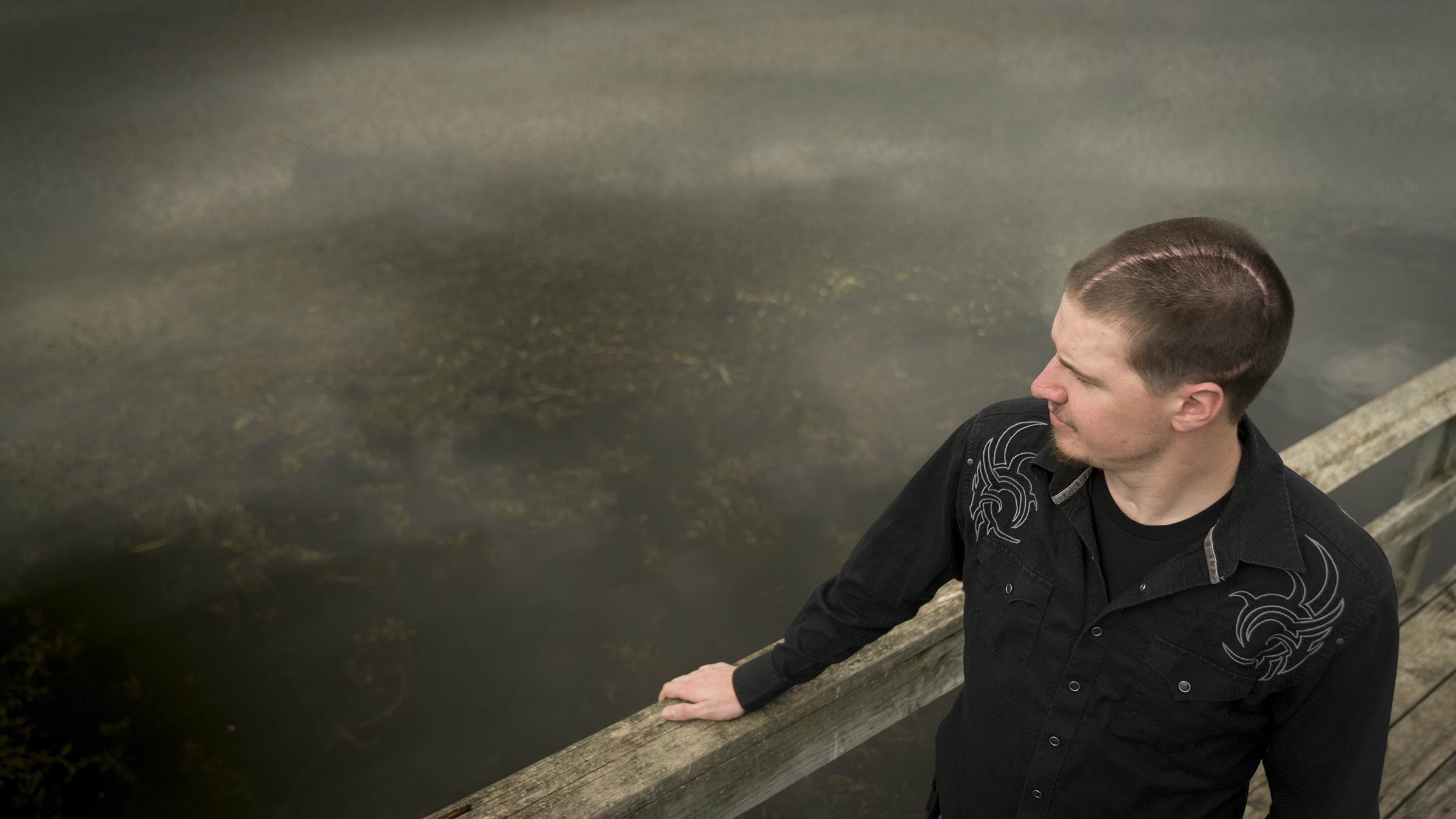
Survivor’s Guilt: Tips to Heal From Those Who’ve Gone Through It
Survivors’ guilt occurs when survivors feel responsible for the death or injury of others, even if the survivor was not at fault in the situation. This trauma may lead to persisting feelings of guilt and remorse that can interfere significantly with one’s quality of life.
If you or a loved one are experiencing this, it’s important not to walk this path alone. To offer a bit of hope and inspiration, we asked our community to share their stories about survivors’ guilt and their healing process. Read on for their quotes and advice:
1. Surround Yourself with Loved Ones
“I surround myself with people who remind me where to look for my strength and identity. This is something I am no stranger to. In the past 6 years I have lost a husband to suicide, my dad, father-in-law, my mom and one of my dearest friends to cancer. I am in the throes of survivors’ guilt right now at the most recent losses not even a month apart. Surrounding myself with my family-in-Christ is what keeps me from feeling guilty for the air I still breathe. The fact that I am relatively healthy and resilient is God’s plan and I have to trust the larger plan.”
Roxanne
2. Find Ways to Honor Those Who Have Passed
“I went through stage 4 tongue cancer eleven years ago. Six months later when I went back for an MRI, I met a younger woman than me who was going through her second time with tongue cancer. She just lived in the next town over. Five months later she died. Leaving her calling hours I felt that guilt. You can’t help it hitting you, that I realize. My way to cope was I had organized a lot of benefits of pre-cancer. The year after this young lady died I put together another [benefit]. This time we gave our money to our local standalone cancer assocation and gave the money in her memory. Her parents came and I knew for me that giving back was a way for me to combat that feeling.”
Nancy
“I found that I can still speak to their energy and be heard. Energy never dies, it only changes form. I’ve discovered many times after talking to those who passed that answers to my questions and responses to my moods seem to find their way to me. From something they wrote falling out from a book or drawer or randomly finding info I needed “accidentally.” I’ve dealt with grief doing genealogy, by doing things as they would want or just writing reflections on our time together, good and bad memories.”
Jean
If you’re looking for more ideas, our community shared some other heartfelt ways to remember and honor your loved ones.
3. Seek Counseling and Support Groups
Counselors and support groups exist to help navigate the challenges life throws our way. Consider seeking out a mental health professional If you want to speak to someone confidentially about your experiences.
Support groups can also offer a helpful sense of community and support. Both types of support can open doors for connecting with those who may have similar experiences or feelings to your own.
Please note: If one counselor doesn’t work for you, search for another. There is someone out there who can help you in the way you need to be helped. For tips on where to get started, here’s a licensed psychologist’s advice on how to find the right therapist for you.
“I went through NHL (Non-Hodgkin Lymphoma) for about two years. A friend I had met in the past, and kept in touch with via Facebook, was also diagnosed with NHL around the same time. During our treatments, we’d spend late nights talking on Messenger or playing Words with Friends. One day he disappeared, and I found out over Facebook that he had died. I had so many emotions, I couldn’t process them or detangle them. It really hit me when I was told I was cancer-free. It took me a while to cope with this, even though we hadn’t seen each other in several years. The survivors’ guilt was real… I leaned on a Facebook group for survivors of NHL and talked to my therapist quite a bit. It’s been several years since this happened and I’ve come to cope healthily. However, there’s not a day that passes that all of this doesn’t remind me of both of our journeys, my gratitude and our friendship.”
Jessica
What’s Your Story?
We hope these quotes have offered a small sense of hope or comfort to you or a loved one experiencing symptoms of survivors’ guilt.
If you’d like to tell your story and anything that’s helped you move forward, please feel free to share in the comments below. Your advice continues to help our community move forward on their own journeys.
Don’t Go Through Your Health Journey Alone
You can stay connected to friends and family, plan and coordinate meals, and experience love from any distance.
All of this is ready for you when you start your personal CaringBridge site, which is completely free of charge, ad-free, private and secure. Don’t spend another minute alone!